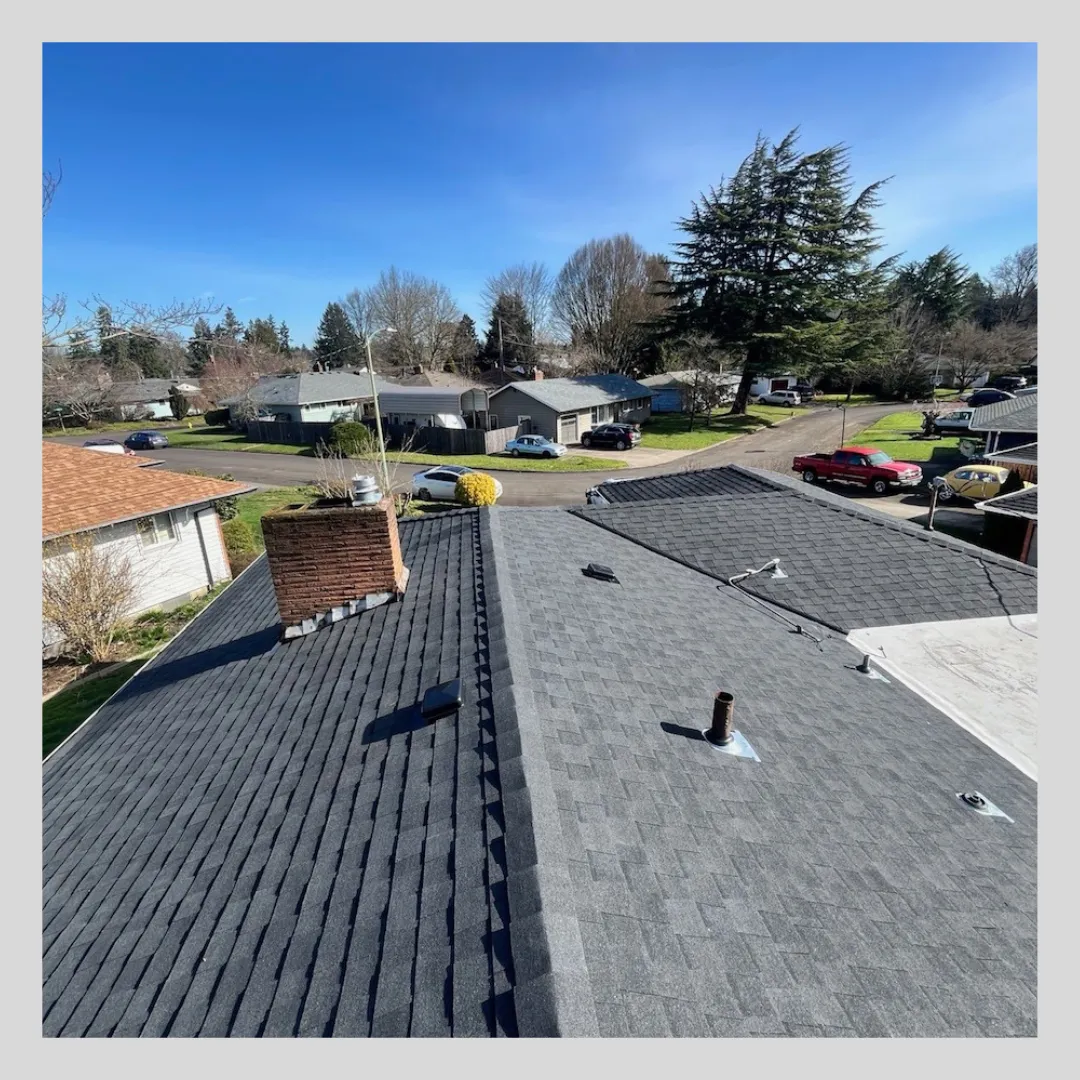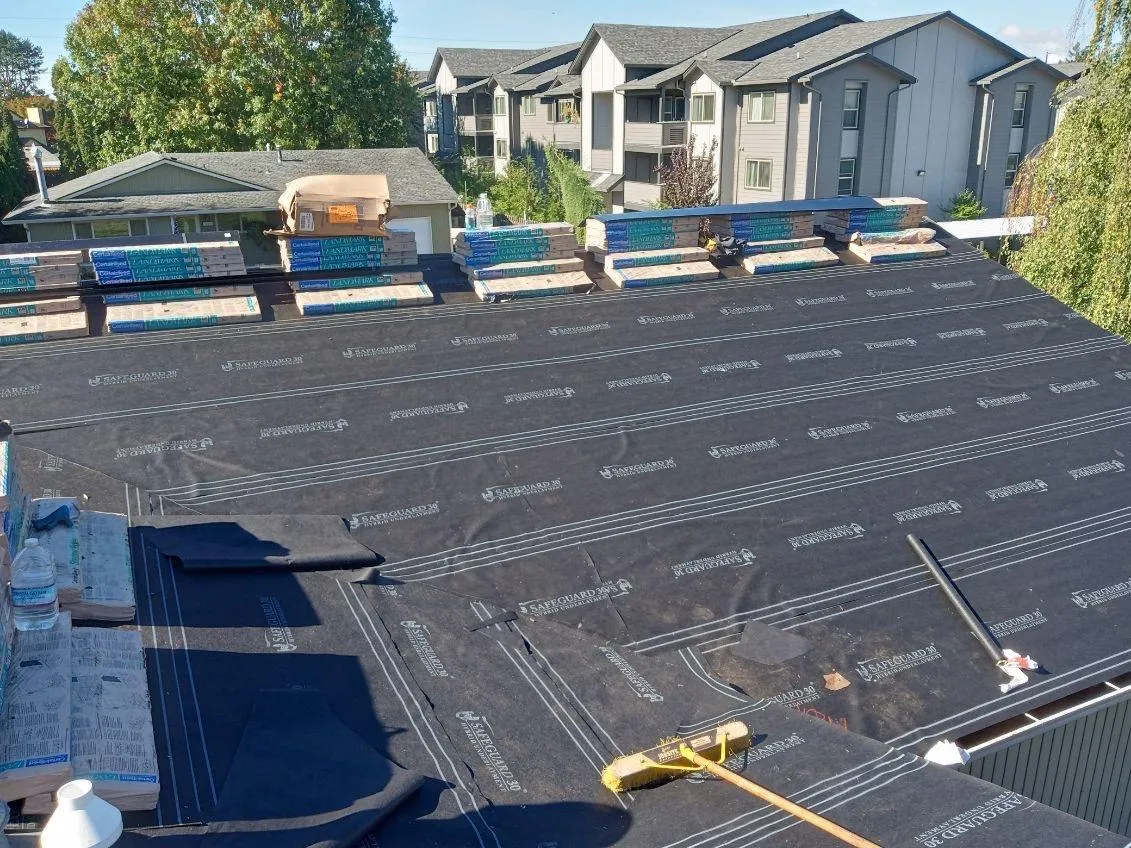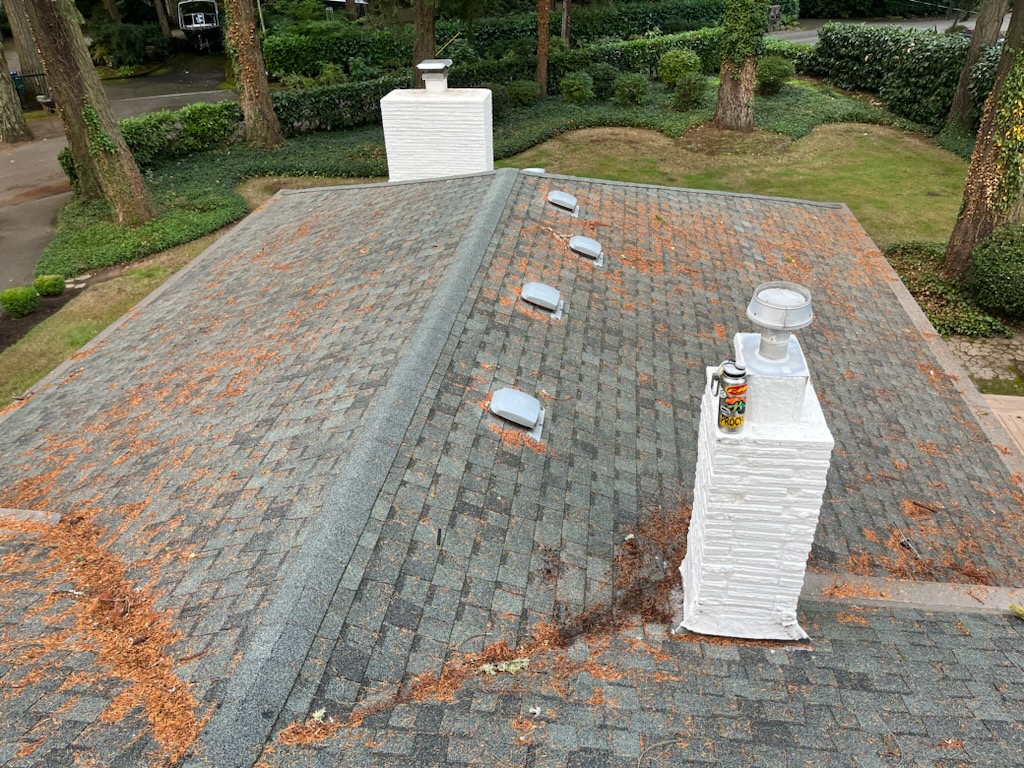Your Trusted Portland Metro Roofing Experts With Guaranteed Work!
Residential Roofing
Commercial Roofing
Professional Roofing Services
Customer Reviews
French Roofing Blog

Understanding Roof Warranties: What Homeowners Need to Know
When investing in a new roof or even a significant roof repair, understanding the warranty that comes with the work is crucial. Roof warranties can be complex, but knowing what to look for can save you from unexpected costs and frustrations down the line. Here’s a guide to help you navigate the essentials of roof warranties.
Types of Roof Warranties
1. Limited Liability Warranty
This is the standard material warranty provided by the manufacturer of the roofing material you select.
2. Manufacturer’s Extended Warranty
This is an optional upgrade warranty offered by manufacturers when the installer is certified in their product. For instance, if shingles curl or crack prematurely, the manufacturer may be responsible for replacing them. These warranties can range from 20 to 50 years or even lifetime warranties for premium products. However, it’s important to note that these warranties often don’t cover the cost of labor to replace the defective materials.
3. Workmanship Warranty
A workmanship warranty is provided by the roofing contractor and covers installation errors. Even if you have the best materials, poor installation can lead to serious problems. Workmanship warranties typically range from 1 to 10 years, depending on the contractor.
Oregon requires a 1 year workmanship warranty; French Roofing offers a standard 5 year workmanship warranty on all roof replacements; 10 year warranties are also available with upgrade in material choice.
Key Elements of a Roof Warranty
1. Coverage Period
Understand the length of time your warranty is valid. Manufacturer’s warranties often have pro-rated periods where coverage diminishes over time. Workmanship warranties, on the other hand, usually cover a shorter period but are critical in the first few years after installation when issues due to poor workmanship are most likely to appear.
2. Transferability
If you plan to sell your home, a transferable warranty can be a significant selling point. Some warranties allow the new homeowner to benefit from the remaining warranty period, adding value to your home.
3. Exclusions
Warranties often have exclusions, such as damage caused by severe weather, improper roof maintenance, or modifications made by anyone other than the original contractor. Be sure to read the fine print to understand what is and isn’t covered.
Tips for Homeowners
1. Choose a Reputable Contractor
Ensure you hire a reputable roofing contractor, licensed and insured. A reliable contractor will offer a solid workmanship warranty and stand behind their work.
2. Keep Documentation
Keep all receipts, contracts, and warranty documents. This documentation will be necessary if you need to make a warranty claim.
3. Schedule Regular Inspections
Regular roof inspections and maintenance can help identify potential issues before they become major problems. They also ensure that your warranty remains valid.
4. Ask Questions
Don’t hesitate to ask your contractor detailed questions about the warranties provided. Understanding the terms fully will help you avoid any surprises in the future.
5. Consider Upgrades
Sometimes, investing in a higher-quality product or a more comprehensive warranty can save money in the long run by reducing the risk of significant repairs.
Conclusion
Roof warranties are an essential aspect of protecting your investment in your home. By understanding the types of warranties, key elements, and maintaining your roof properly, you can ensure that you are covered in case of defects or installation errors. Always choose a reputable contractor and keep detailed records to make the most of your roof warranty. With the right knowledge and precautions, you can enjoy peace of mind knowing your home is well-protected.
Connect with Us
Schedule your Free Roof Assessment





Facebook
Instagram
LinkedIn